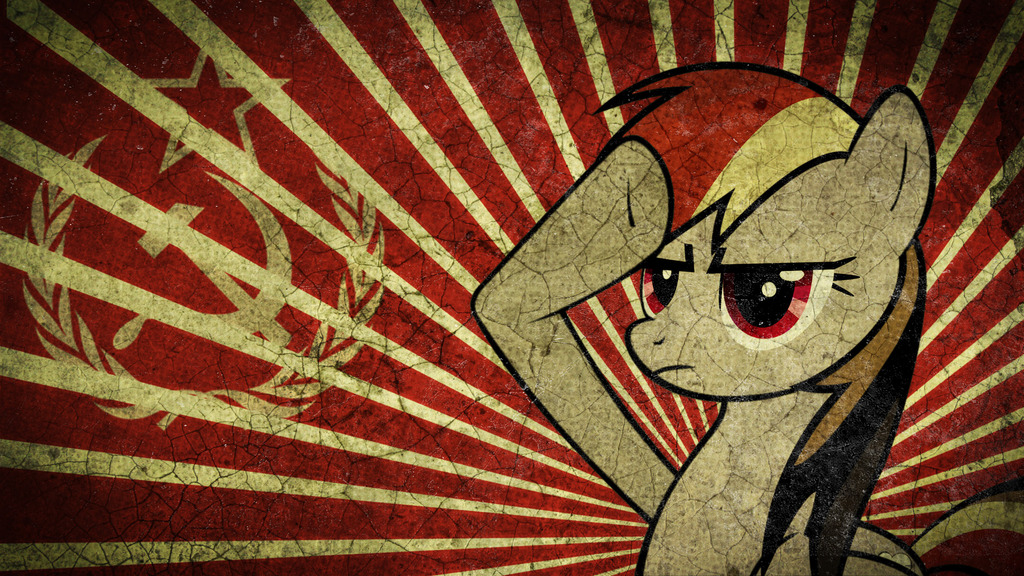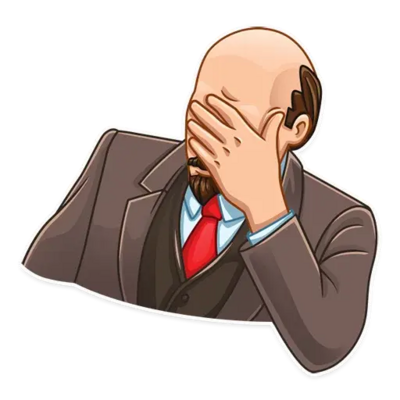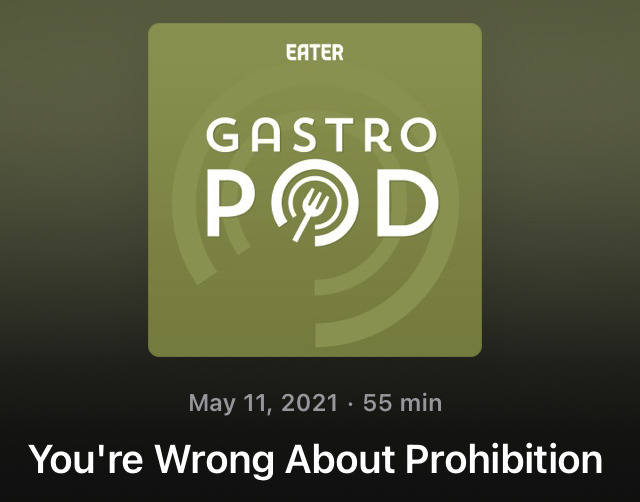Me personally, I find the EZLN fascinating. (if there is anything bad about them, let me know because I do not know much bad things about them)
They are one of the few movements that anarchists praise that I actually think are based, although the Zapatistas have told westerners to stop calling them anarchists, communists, or anything else.
They also fight against drug cartels and seem to have created one of the most stable territories in the Chiapas region.
However, they are too small to do anything big like overthrowing the Mexican government. They would be crushed quickly.
Give me your thoughts on the EZLN and/or, as the title suggests, any non-ML movements that you support.


Did someone legitimately downvote the abolishment movement???

Dang didn’t know Lemmygrad was pro-slavery /s
Probably one of those wandering libs.
Or mistook it for the anti-alcohol one. I know I did, until I read your comment
If I remember right prohibition was actually pretty based. Alcohol was a tool of oppression whether in sedating factory proletarians or getting indigenous people drunk to make it easier to steal their land.
Manhattan for example means “the place where we all became intoxicated.”Source I vaguely remember:Yeah, but prohibition was absolute garbage since everyone was STILL drunk, just now the alcohol supply was owned by the Mob.
Per one journalist’s study, it took a maximum of 10 minutes for a “tourist” “out of towner” in any city in the US to find alcohol. The record was a 30 seconds when the cab driver of one city immediately pulled out beer from a compartment in the cab when asked where to get alcohol.
Sure, alcohol wasn’t eliminated, but it was progress. Back before prohibition people drank alcohol like water, and the fact that most don’t anymore is good (not that there aren’t widespread substance abuse problems of other types). I suggest you listen to the Gastropod episode.
I have before, but the reduction in alcohol drinking primarily came from the restriction, rationing, and lack of ingredients during WW1 and WW2 as opposed to Prohibition. It had a worse inverse effect, all it did was force drinking underground and made it a taboo topic to discuss.
Prohibition increased alcohol stockpiling which allowed most people to “ride out” the initial wave, and by the time many stockpiles ran dry, the mob and local moonshiners has established a strong enough network to maintain supply.
Funnily enough, one bar stockpiled so much alcohol prior to prohibition, that they were able to legally sell and advertise their alcohol for the entire prohibition since it was legal to sell Pre-Prohibiton alcohol.
I guess prohibition didn’t really succeed, but it doesn’t mean it wasn’t worth supporting.
I’d rather support the prohibition of advertising alcohol. That alone would probably destroy the market in a generation.
Same with coca in the Latin American gold mines in the 16th and 17th centuries